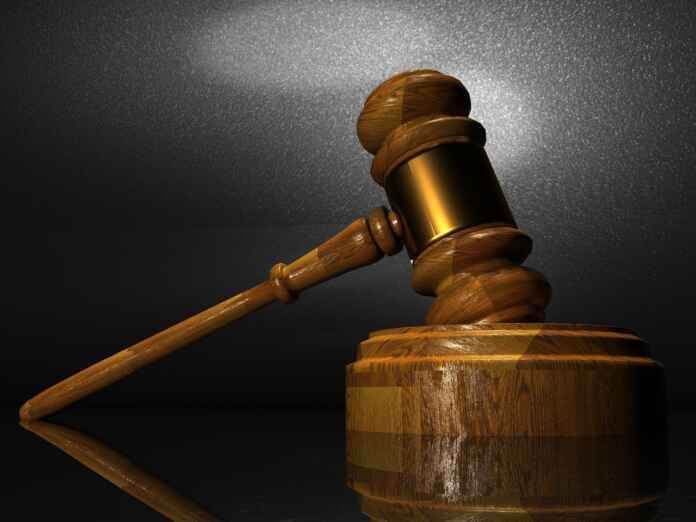Social media apps like Facebook, Instagram, and Twitter are great for keeping up with family and friends, but there are times when posting personal details online can backfire. If you or someone you know is named in a lawsuit or if you are trying to sue someone else, taking a break from social media is probably a good idea. Particularly in personal injury or medical malpractice lawsuits, social media can be hazardous to your health.
Evidence Collection in Medical Malpractice Lawsuits
Social media use varies by demographic, and according to Pew Research, the level of use has remained somewhat stable since 2019. Facebook is the most popular site among adults with about 69% of adults of all ages saying they use the site regularly. Other apps like Instagram, Snapchat, and TikTok are mostly popular with younger adults. No matter how you break it down, the majority of people are using social media, for better or worse.
One thing has become abundantly clear, and that is chronicling every detail of your personal life online can lead to real trouble in a court of law. Medical malpractice lawsuits, in particular, are serious business. Take the example of a Long Island doctor who was charged with five counts of murder after prescribing pain pills. Lives are ruined and defence attorneys will leave no stone unturned when collecting evidence, including your Facebook page.
Resist the Urge to Share
When the stakes are high, every move you make as a plaintiff will be scrutinized. Social media posts can sabotage a medical malpractice lawsuit, especially if you:
• Reveal any incriminating photos
• Provide details of a settlement
• Claim you cannot work even though you’re enjoying a day of beach volleyball on social
It should go without saying that showing up at yoga class and posting about it is unwise, and yet a disturbing number of people still do it. But there are risks associated with your online persona that may not be so obvious until it is too late. Any conflict to your testimony, no matter how trivial, can sabotage even the most solid claims.
Spoliation, It’s What You’re NOT Saying
Purging or deleting information could be viewed as spoilation. The definition of spoliation is an act of altering or destroying evidence relevant to pending litigation. Spoliation is even considered a standalone crime in some instances. Savvy investigators may have backed up your data and are ready to pounce the moment you delete it.
As if spoilation is not bad enough, a judge can file a court order to gain access to your social media. With medical malpractice claims on the rise, it’s important that you refrain from posting anything that could jeopardize your case.
It may be shocking to learn that even permanently deleted content is still retrievable. Prying eyes will also be monitoring comments from your associates such as friends, family, and co-workers. In addition, if you delete or deactivate your account, the judge may order you to reinstate it.
Access to Information in the Information Age
Our personal data follows us everywhere, and while information access is generally regulated by the federal government, if you’re involved in, for example, a medical malpractice suit in North Carolina, a good medical malpractice attorney in Charlotte will be indispensable.
Laws are constantly changing as the social media landscape expands, and you deserve a fair settlement that can be won with the help of knowledgeable legal counsel. Compensation for medical expenses and pain and suffering is within the grasp of those who make intelligent decisions in regard to social media.

